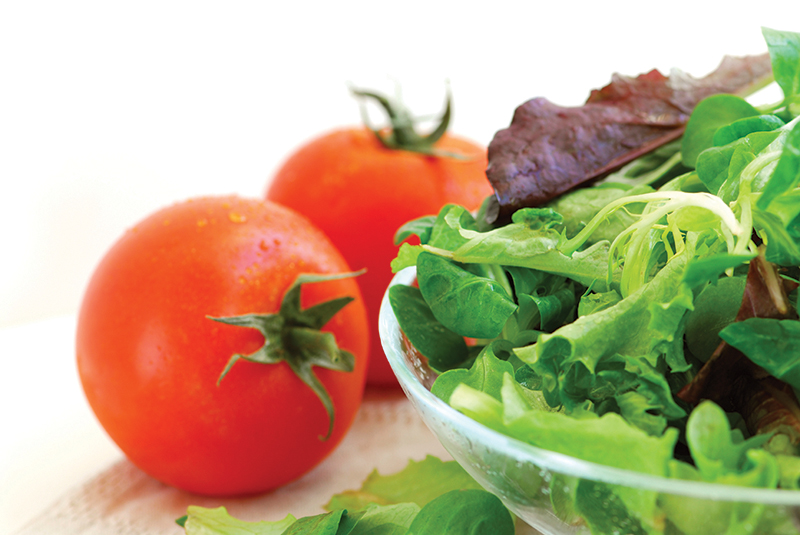These kidney-friendly diet tips may help reduce symptoms in individuals with CKD.
As they say, we are what we eat, and for individuals with kidney disease, it is vitally important that an appropriate nutritional plan is implemented to cut down on symptoms including an upset stomach, pain, swelling and more. In addition, adhering to a kidney-friendly diet might even slow down the progression of the disease.
If you are caring for a family member with kidney disease, it’s vitally important to know the best and worst dietary choices, such as:
Sodium
High levels of salt in the diet can lead to the retention of fluids and high blood pressure, and can cause the heart to work harder. Salt should be restricted to at most 2 grams each day for those with kidney disease. One way to help is to refrain from serving foods that include large levels of salt, for example:
- Condiments such as soy sauce, ketchup, and barbecue sauce
- Nuts
- Canned foods
- Pickled foods
- Processed or smoked meats
- Chips, pretzels, and crackers
NOTE: Pay special attention to salt substitutes and “reduced sodium” foods, which in many cases are high in potassium.
Potassium
Potassium is a mineral, and is found in nearly all kinds of food. Our bodies need potassium to keep our muscles working, but when someone is receiving dialysis, potassium levels need to be monitored very closely. Getting too much or too little potassium can trigger muscle cramps, erratic heartbeat and muscle weakness. The doctor or nutritionist can determine how much potassium is appropriate for the particular person.
Protein
Though protein is an essential nutrient, when the kidneys are not performing correctly, surplus protein can accumulate in the blood. People with kidney disease should consume no more protein than what is required by the body. When treatment starts early, a diet low in protein together with essential amino acids at appropriate levels during each meal has been found to prevent the need for, or at least push back the need for dialysis, and in fact could possibly even reverse some kidney problems.
Vitamins and Minerals
Those with kidney disease might require additional supplements of vitamins to minimize some of the common side effects of kidney failure, including bone disease or anemia, but they should only be used if advised by the doctor.
For more resources on providing care for a loved one with kidney disease, or to discover how professional in-home care services can improve health and quality of life, contact Compassionate Care Home Health Services at 877.308.1212. We’ll be happy to arrange a free in-home consultation at your convenience to answer all of your questions and provide you with the information you need.

